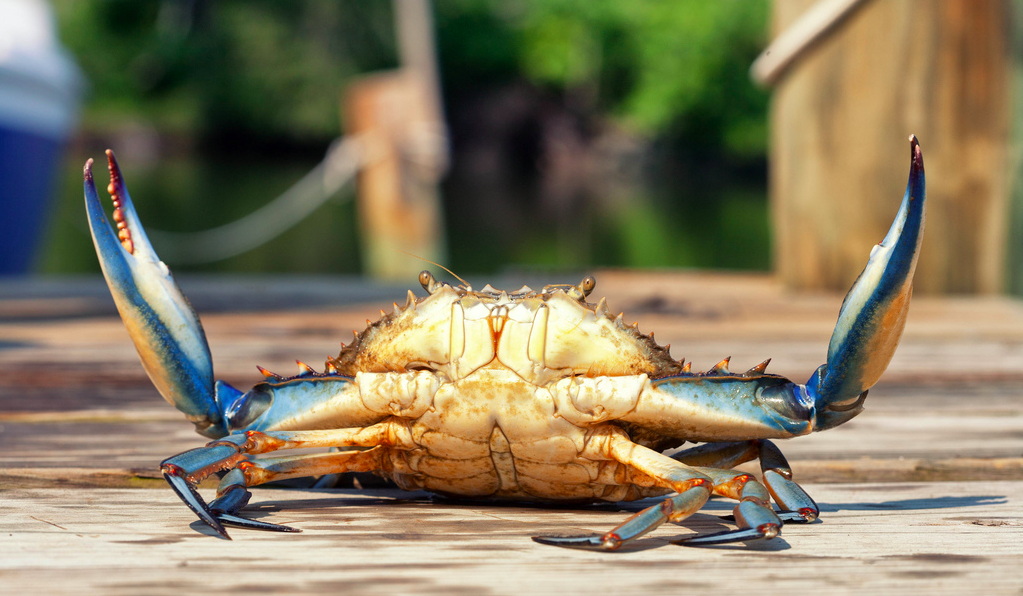Study: 38% Of Crab Cakes Tested At Maryland, D.C. Restaurants Don’t Contain The Local Crab Listed On Menus
Out of the 90 crab cakes collected from 86 restaurants throughout Maryland and Washington, D.C., Oceana says DNA testing showed that 38% were mislabeled.
Instead of the locally caught blue crab on the menu, those crab cakes had imported substitutes, most of which were fished unsustainably, the group says.
“When diners purchase a Maryland crab cake, they don’t expect to get an imported substitute,” said Beth Lowell, senior campaign director at Oceana in a press release. “This type of fraud, species substitution, inflates the price for consumers, parades imported and sometimes illegally caught crab as local, prevents consumers from making sustainable seafood choices, and harms the livelihoods of local watermen and seafood businesses.”
Every city that Oceana tested crab cakes in had its share of poseurs, with 47% in Annapolis proving false, 46% in Baltimore, 39% in D.C. and 9% on the Maryland Eastern Shore.
A crab cake was considered mislabeled if it was described on the menu or confirmed by the server as containing blue crab, or crab sourced from Maryland/Chesapeake Bay region, but instead were made from a completely different crab species.
Those that were simply called “Maryland-style” weren’t considered mislabeled, because that could just mean the recipe or seasoning was similar to Maryland crab cakes, not that the crab was actually caught there.
Oceana wants a presidential task force that released an action plan last month to crack down on seafood fraud and illegal fishing to take action now, and “to require traceability for all seafood sold in the U.S., including blue crabs, to ensure that it’s safe, legally caught and honestly labeled.”
Want more consumer news? Visit our parent organization, Consumer Reports, for the latest on scams, recalls, and other consumer issues.


